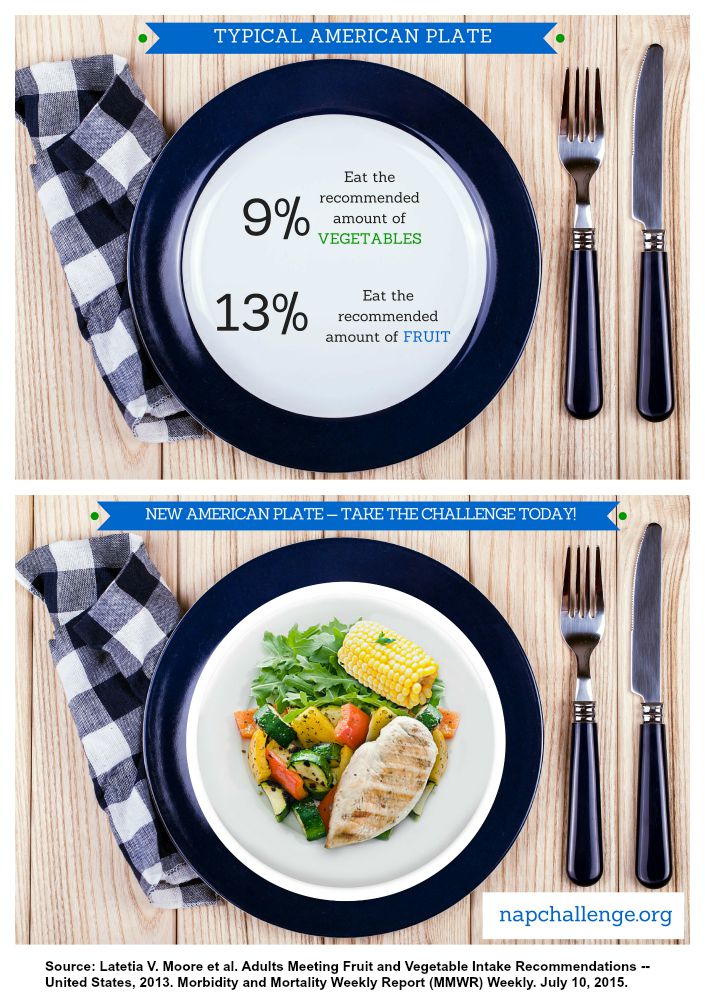Heart disease, cancer and diabetes together cause about 1.3 million deaths each year in the US. A key lifestyle strategy for preventing and/or managing these diseases is getting to and staying a healthy weight. But losing weight – and keeping it off – is hard, and though many people are able to improve their weight, many more struggle to be successful.
Last month an editorial in Open Heart made a strong case that it’s time to stop counting calories and instead, focus on WHAT you eat.
A healthy diet, with plenty of vegetables and healthy fats, has both quick results for better health and long-term benefits for weight, argue the authors. They cite studies looking at how shifting to a healthy diet can lead to immediate positive effect on cardiovascular disease and diabetes. One of their examples is from the PREDIMED study where participants who ate a Mediterranean, plant-based diet with nuts and olive oil, but not calorie restriction, showed lower rates of type 2 diabetes and improved metabolic health.
We also know – from AICR’s evidence-based recommendations – that eating a diet built on plant foods like vegetables, legumes, whole grains and nuts, can reduce risk for many cancers, including colorectal and endometrial.
 But survey after survey finds that the vast majority of adults and kids in our country are not eating enough fruits and vegetables. Whatever your preferences – Mediterranean style, healthy American, simple or adventurous – you can easily know if you’re following a healthy, disease preventing diet just by looking at your plate using AICR’s New American Plate way of eating:
But survey after survey finds that the vast majority of adults and kids in our country are not eating enough fruits and vegetables. Whatever your preferences – Mediterranean style, healthy American, simple or adventurous – you can easily know if you’re following a healthy, disease preventing diet just by looking at your plate using AICR’s New American Plate way of eating:

The 2/3 – 1/3 proportion idea means you don’t need to count calories, or even spend a lot of time measuring or weighing. With most of your plate holding vegetables, beans and whole grains, you’ll keep your calories modest, bulk up on fiber and health promoting phytochemicals and enjoy a satisfying, delicious meal.
If you’re ready to try this way of eating and get more active too, register for our next New American Plate Challenge, which begins this Monday, September 21. You’ll get a weekly challenge for 12 weeks with specific ideas to help you move toward the New American Plate way of eating and boost your physical activity. You’ll join hundreds of others working to get healthier and you can get support from them and the AICR dietitians to help you meet the challenges.
SIgn up today and turn weekly challenges in lifelong healthy habits.





